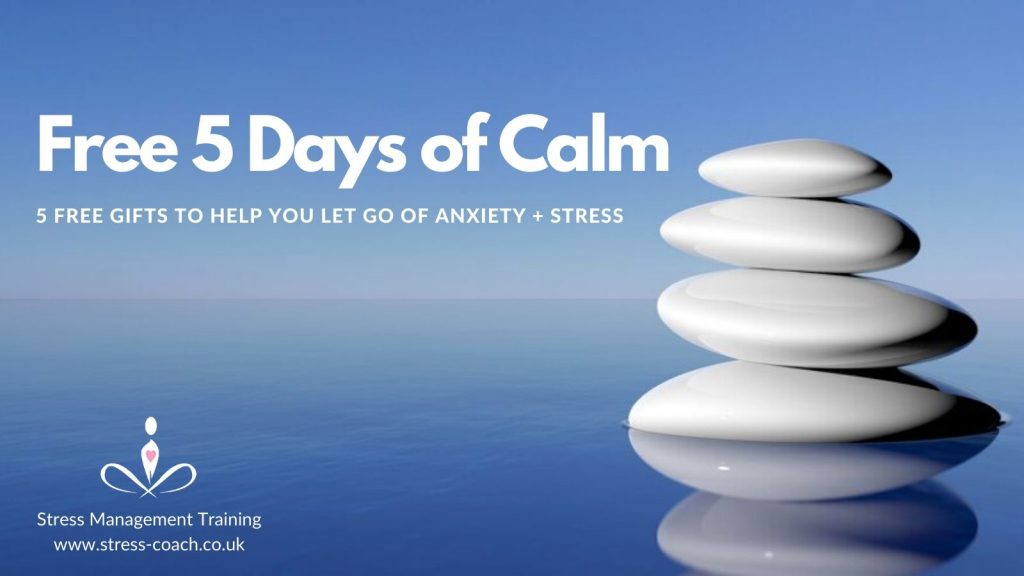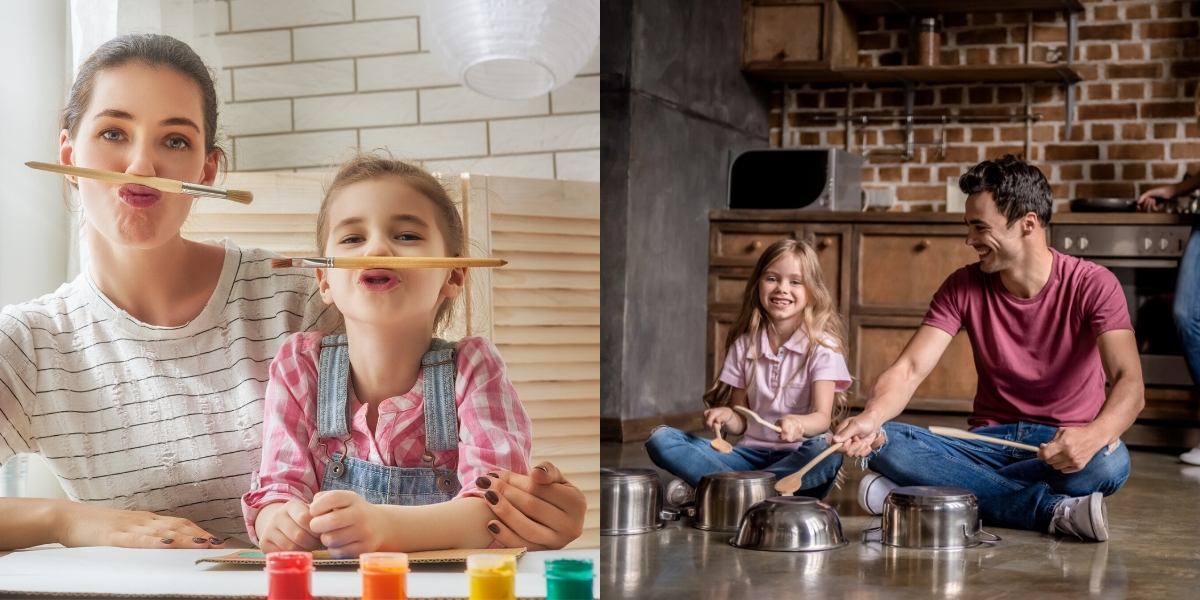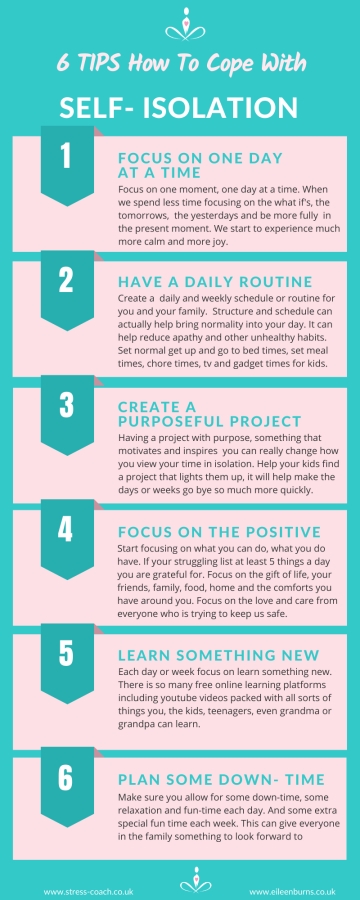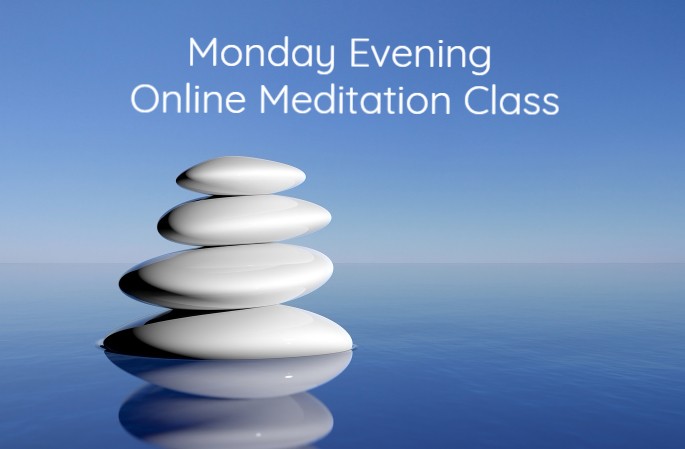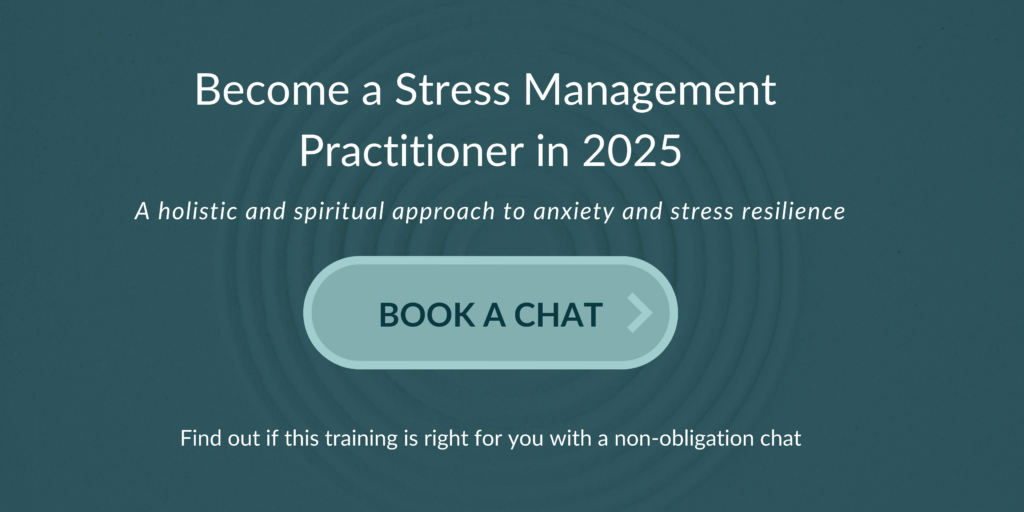Tops tips to not just cope with self-isolation but how to make self-isolation a more positive healthy experience. The thought of self-isolation for several weeks never mind several months for many people may be extremely challenging. But as someone who has been predominately housebound over the last 4 years and a large part of my twenties. I know how to turn a more isolated life into a more positive experience.
My Experience Of Coping With Self Isolation
As someone who has suffered rare and chronic health challenges for most of my life, I know more than a few things about isolation. For the last 4 years extremely painful noise sensitivity (noxius hyperacusis) that triggers seizures, has meant that being 99% housebound has been my natural way of life.
Most of my only visits outside the home have been for important medical appointments. And even then most of these appointments were extremely painful, exhausting and stressful for my body.
Now although this present situation and another experience in my twenties where I spent a large period of time left me mostly housebound. I have always chosen to make these life-debilitating experiences into a positive experience as I can. In my twenties, I chose to educate myself as much as I can which helped me eventually become a stress management expert.
In the last 4 years, I chose to use this time to deepen my spirituality and make my work all online. To inspire and motive other coaches, healers, and therapists to be the best healers and teachers they can be no matter what.
No matter if you are self-isolated on your own, with family or friends. It is important to look at this situation from how can I make this work rather than omg how can I cope.
6 Tips How To Cope With Self-Isolation
- Focus On One Day At A Time: The only way to get through any difficult or challenging situation healthily and positively is by focusing on one moment at a time. How to cope with Self-isolation is no different. When we spend less time focusing on the what if’s and be more fully in the moment. We start to experience much more calm and joy.
- Have A Daily Routine: It is important to create a daily and weekly schedule or routine for you and your family. Structure and schedule can actually help bring a bit of normality into your day. It can help reduce apathy and other unhealthy habits associated with any type of isolation. Set normal get up and go to bedtimes, set meal times, chore times, tv and gadget times for kids.
- Create A Purposeful Project: Having a project with purpose, something that motivates and inspires you can really help cope with self- isolation more positively. Help your family your kids find a project that lights them up. Believe me, it will help make the days or weeks go bye so much more quickly.
- Focus On The Positive: Start focusing on what you can do, what you do have. If your struggling list at least 5 things a day you are grateful for. Focus on the gift of life, your friends, family, food, home and the comforts you have around you. Focus on the love and care from everyone who is trying to keep us safe.
- Learn Something New: Each day or week focus on learning something new. There are so many free online learning platforms including youtube videos packed with all sorts of things you, the kids, teenagers, even grandma or grandpa can learn. Turn self-isolation into a positive learning experience.
- Plan Some Down Time: Make sure you allow for some down-time, some relaxation and fun-time each day. And some extra special fun time each weekend. This can give everyone in the family something to look forward to.
Need some help to experience less anxiety and stress during self-isolation. Check out my most popular and effective anxiety-busting technique. My less than 5-Minute Meditation Tool fabulous discount today CLICK HERE
